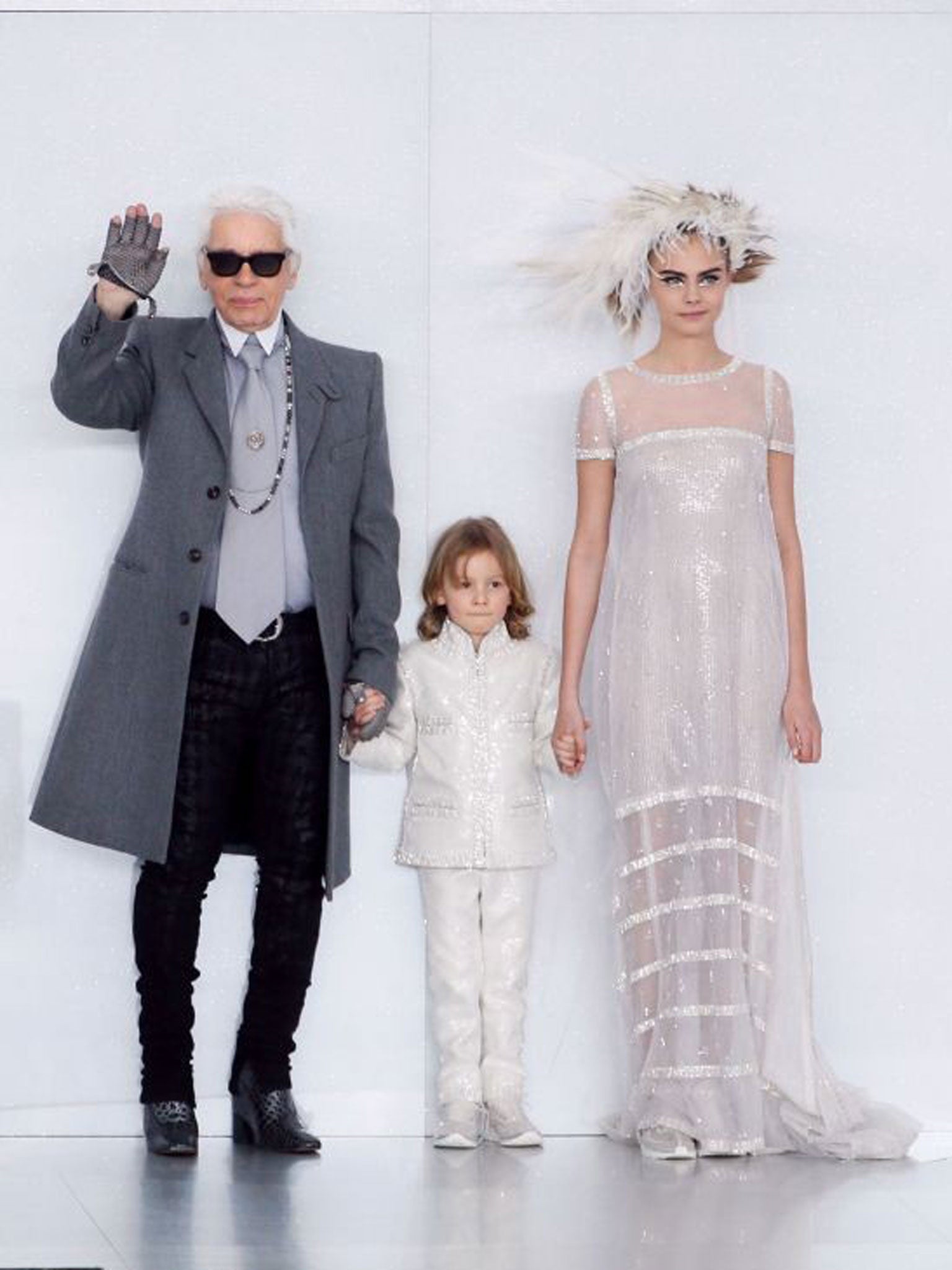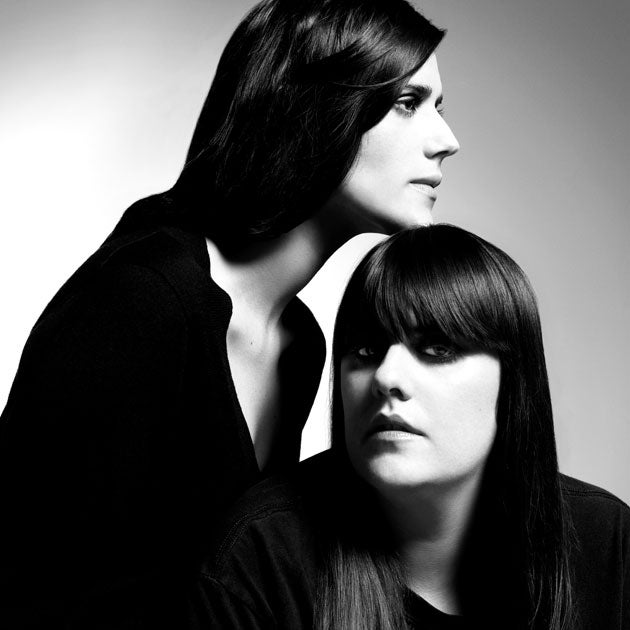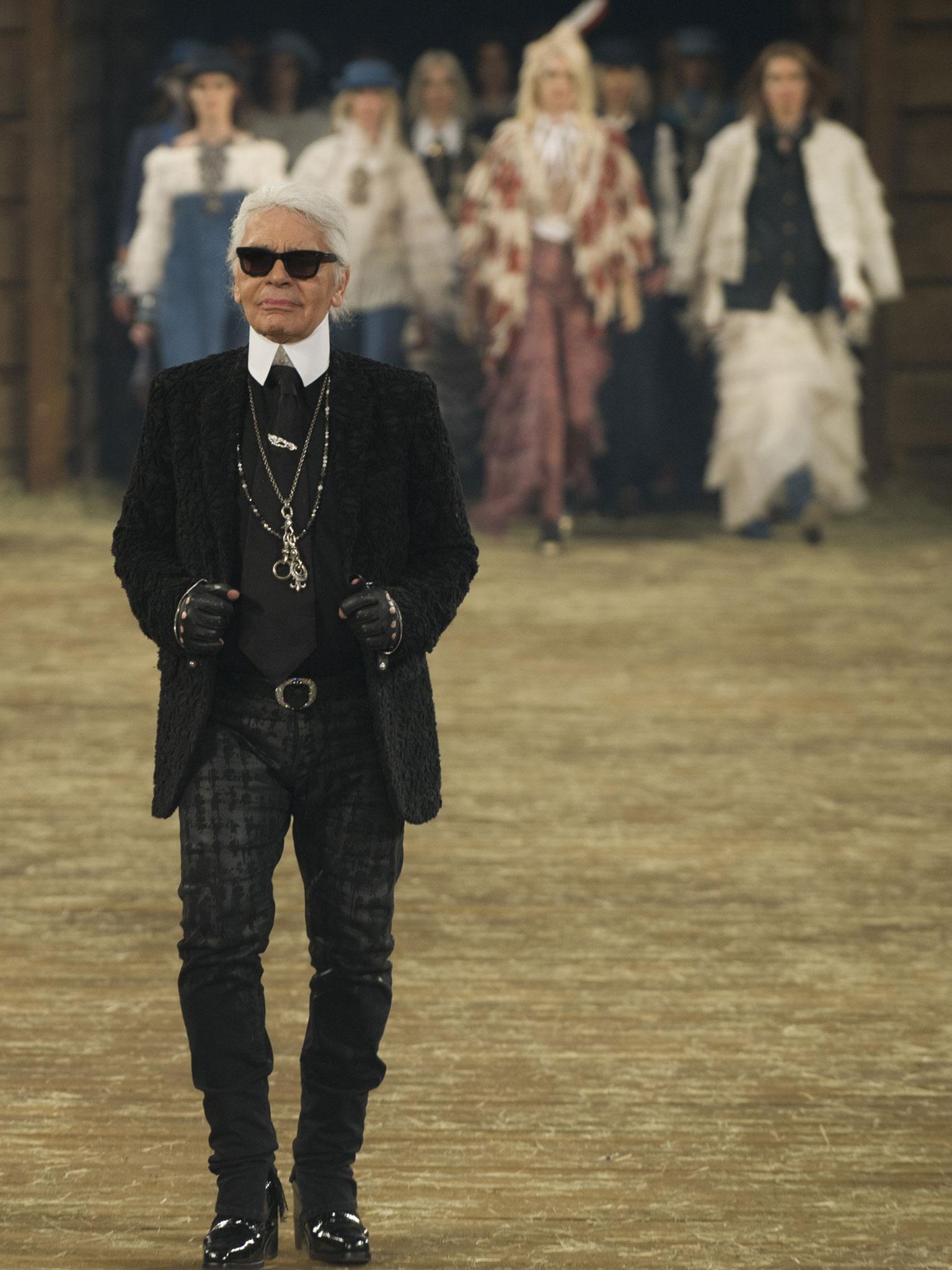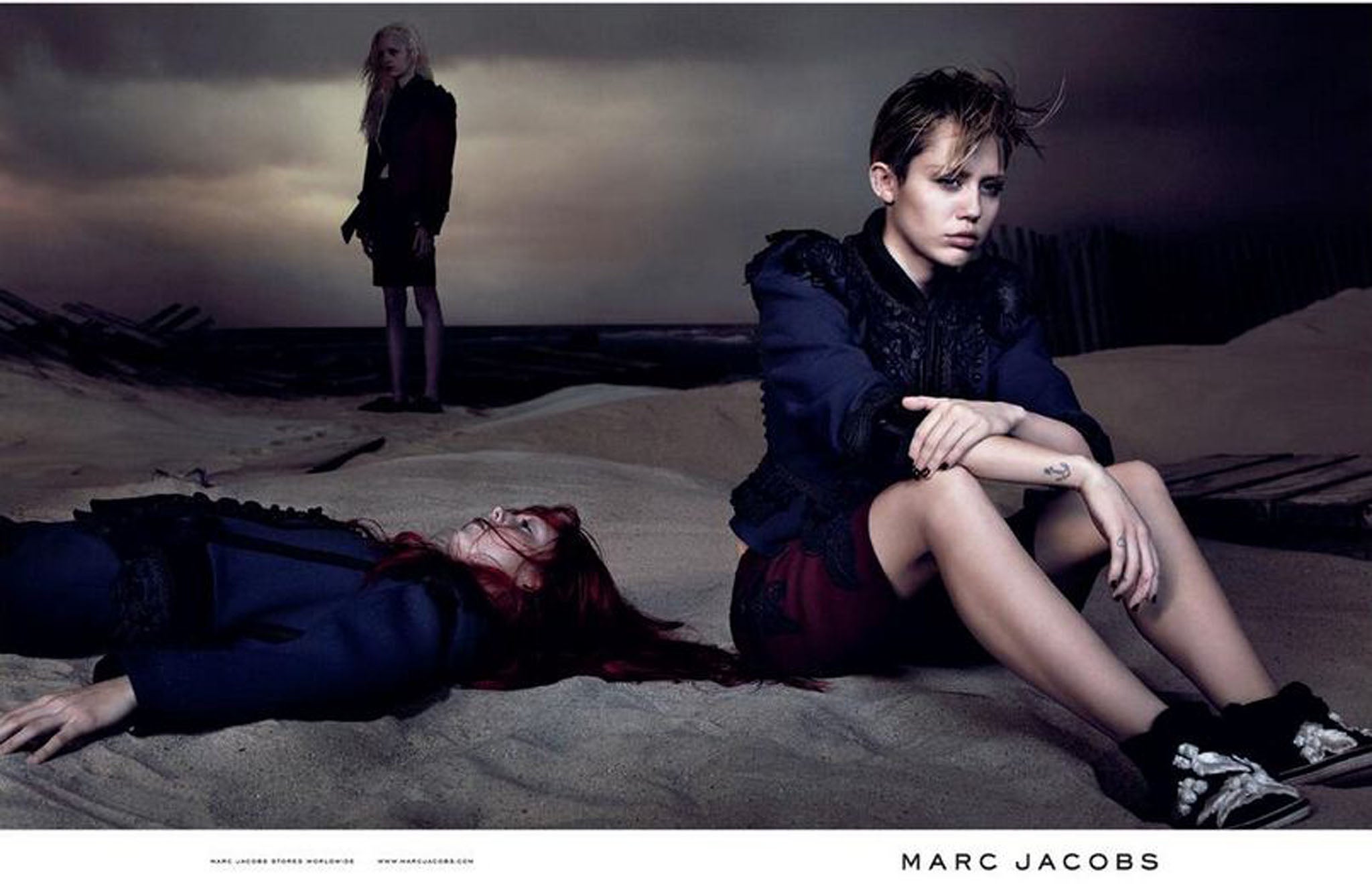Alexander Fury: Just how important is the ‘where’ in what we wear?
Wear, What, Why, When?

Having flitted between three countries over four fashion weeks (a bit more than a fortnight in human time), I am very intrigued by the question of nationality in fashion. Is it relevant? Or rather, should it be a relevant issue?
I once interviewed Kate and Laura Mulleavy, the California-based sisters behind the Rodarte label, about that. I asked them if they felt that their approach was more in a European tradition of couture than an American tradition of commerce. Their response? That nationality felt irrelevant today, in a globalised, digitised marketplace. The internet has no nationality.
Nevertheless, we cleave the fashion calendar into nationalised chunks, assuming that each capital will foster its own breed of talent. New York is about selling, London about showing, Milan about sex, Paris about chic.

Maybe that was true, once upon a time. But how many houses in Paris are manned by born-and-bred Gauls? Dior’s head designer hasn’t been French since Marc Bohan stepped down in 1989. Chanel has been headed by German-born Karl Lagerfeld since 1983. He also designs for Fendi, somehow managing to reinvent himself as the very quintessence of French and Italian style, season after season.

Even in London, a capital whose idiosyncratic sartorial identity is much vaunted, the Britishness of British dress is somewhat fluid. Mary Katrantzou is Greek, Richard Nicoll Australian, Erdem Canadian, half of the Meadham Kirchhoff duo is French. There are many others, but most – if not all – are born of the British education system. That infects a designer’s bloodstream.
So, is contemporary fashion a style Switzerland – no boundaries, no affiliations, some kind of aesthetic Esperanto? Is that even possible? Or something we’d ever want? I think not, in both cases.
Designers are people, too – and their nationalities, home and adopted, are a vital part of their makeup. There’s something so fundamentally Italian about Versace, so quintessentially American about Marc Jacobs’ mastication, digestion and regurgitation of pop culture. Plenty of designers could put Miley Cyrus in their campaigns: only Marc could make it work. And, having come out of the Parisian couture shows last week, you realise that those clothes could never be created without the concentrated craft expertise that exists only in Paris. Couture from any other country just isn’t haute enough, I’m afraid.

The designer Lucien Lelong made exactly that argument when the Nazis tried to move French couture to Berlin during the Second World War. His argument? “Paris’s haute couture is not transferable... it exists in Paris or it does not exist at all.”
That’s why labels such as “Made in England” still matter. Just like a designer label, they’re a stamp of authority and of quality. No matter how international fashion gets, nationality will always mean something.
Join our commenting forum
Join thought-provoking conversations, follow other Independent readers and see their replies
Comments